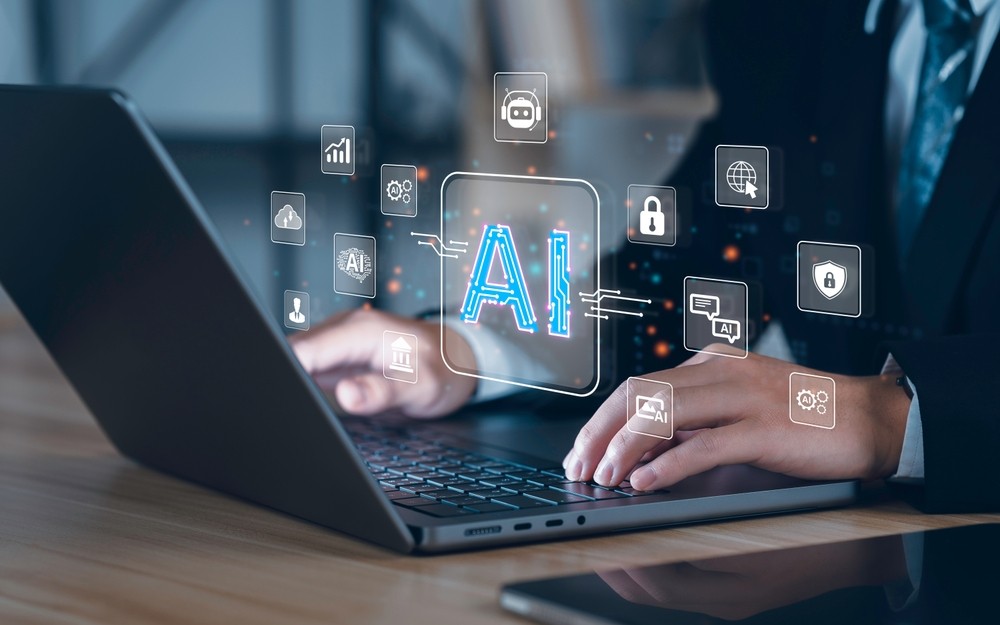As AI adoption accelerates, the choice between open and closed source models is becoming central to how the industry evolves. Open-source projects have long been the bedrock of internet innovation, championing transparency and community collaboration. Today’s open-source tools are making AI more accessible, sparking innovation, and driving change. Even OpenAI's Sam Altman has acknowledged the limitations of a purely closed-source approach, hinting at a more open strategy on the horizon.
Developers and technologists are increasingly weighing in on the debate, revealing clear preferences and a generational divide that is shaping the future of AI. To dig deeper, we conducted a survey of over 1,000 developers and technologists around the world to better understand their motivations and preferences when it comes to open and closed source technologies.
The findings were compelling: open-source AI is a boon for experienced developers who thrive on its transparent, collaborative nature. Younger developers also show a strong preference for open-source tools, valuing them as reliable resources for learning and experimentation. Unsurprisingly, the majority (82%) of respondents claimed to have some or a great deal of experience with open-source tech. Stack Overflow’s Q&A trends data supports this: 40% of the top 1,000 tags in the past year were related to open-source technologies: popular tags for open source include Python and Flutter, while popular tags for proprietary tech include C# and Android.
Interestingly, early-career developers seemed to lack clarity about their open-source experience. Among those with less than five years in the field, 12% reported no open-source experience, and many were unsure if they had used open-source tools at all - suggesting the use and influence of open-source can sometimes go unnoticed.
Open-source takes the lead with engagement
Most respondents preferred open-source activities compared to proprietary when asked to rate how much they liked engaging in them. Giving feedback on open-source projects topped the list of activities (57%), followed by participating in online communities (50%), and interacting with AI chatbots (49%). Conversely, respondents did not like contributing to closed-source models (37%), interacting with AI companies (30%), and using proprietary tools for school or work (27%).
Our data also demonstrated several pointed generational differences: respondents aged 20–34 reported more positive engagement across the board, particularly with AI chatbots. Users in the 35–54 age group were more likely to express a dislike for proprietary tech, indicating that conversational interfaces and collaborative platforms resonate more strongly with younger users.
Building trust in AI
Open-source AI outshines proprietary models when it comes to trust. 66% of respondents trust open-source AI for personal or school projects, while 61% trust it for development work. Proprietary AI lags behind at 52% and 47% for those same categories, respectively.
Trust in proprietary AI is lowest for creative and strategic work (43%). However, trust in open-source AI for these higher-order tasks remains steady across experience levels. 65% of developers
with under five years of experience trust open-source AI for creative and strategic work, as do 69% of those with 15–20 years of experience. In contrast, trust in proprietary AI for development tasks drops significantly with experience, with only a 53% approval rating among newer developers to just 31% with the more seasoned group.
Security goes hand-in-hand with trust, but opinions are divided when it comes to open-source AI. 44% of developers believe it poses a security risk but nearly half (48%) do not view security as a major issue. Investments in maintenance, discoverability, and security are important to the progress of open-source AI, and investments of this kind will be boosted by the strong belief that AI should be open source as a matter of ethics: 86% agreed that open-source AI serves the public’s best interest.
Building trust, accessibility and community
Our research highlights a shared belief in open-source among experienced developers, as well as a growing enthusiasm among the next generation. Seasoned technologists value its transparency and collaborative nature, while younger developers trust open-source tools as accessible platforms for learning and experimentation.
Wherever developers may be in their career journey, trust and accessibility will play a critical role in shaping how they interact with AI technology. Today, open-source AI isn't solely a community-driven effort; it's also a burgeoning area of commercial interest. With more companies offering open-source AI options to the public, there's a growing need for long-term sustainability, particularly in project maintenance, infrastructure, and contribution management.
As open-source models continue to gain popularity, we may see the AI ecosystem shift towards more open development models. To fully realise the potential of open-source AI, however, challenges like discoverability and experience gaps must be addressed. Strengthening open-source communities, improving access to projects and datasets, and fostering trust across all generations will be crucial in shaping the future of AI.




